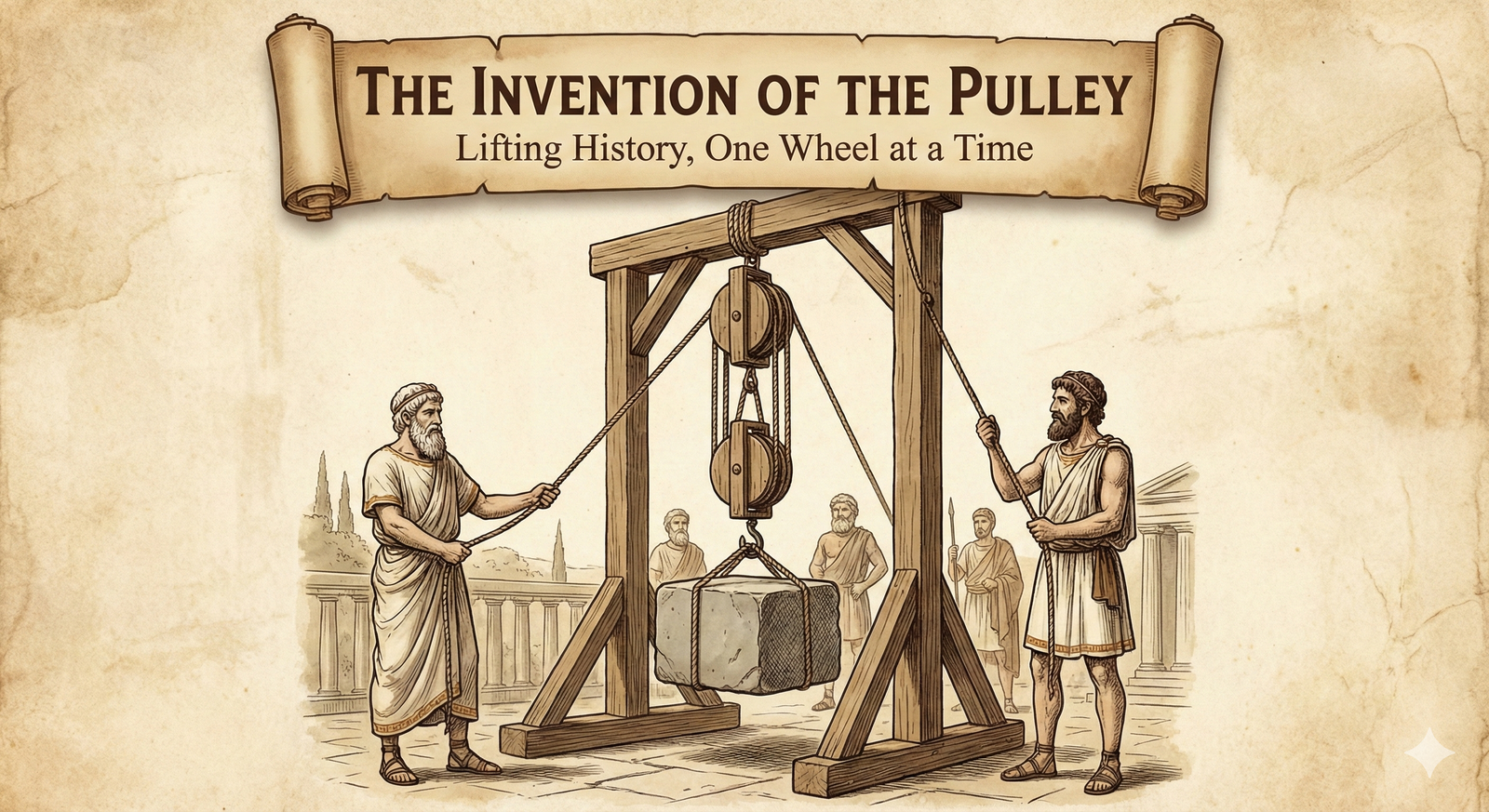
Think about this. “The longer something has survived, the more likely it is to keep surviving.” Do you or do you not agree with the above statement? I’m here to convince you that the statement is right. Of course, as with all these discussions, you are entitled to your own opinion.
The Lindy Effect suggests that, for example, something that has been around 100 years is more likely to survive another 100 than something that’s only 1 year old. Take Shakespeare as an example. Romeo and Juliet was written in 1597. Yes, 1597. We are in 2025, in the age of Artificial Intelligence, yet we still read and reference Romeo and Juliet. Now take The Midnight Library by Matt Haig. If you’ve never even heard of this book, I don’t blame you. It blew up in 2020, and died soon after. Now, we can argue that Shakespeare is a classic writer with a legacy, whereas Matt Haig is, compared to Shakespeare, a nobody. However, the lindy effect argues, or rather predicts, that since Romeo and Juliet lasted 200 years, it will last another 200 years, but since The Midnight Library remained popular for 6 months on maybe first analysis, it suggests it will last only another 6 months.
This links to the fragility concept we talked about yesterday. Time acts as a filter here: things that are fragile or irrelevant tend to disappear quickly. This also makes the perspective that anything that survives automatically has an enduring value. For example, If a traditional proverb has been passed down for centuries, we assume it probably holds some universal truth or practical wisdom. Now, an important disclaimer is, it cannot predict everything accurately. It can be wrong, which is why there is a lot of speculation around this effect.
This might seem out of place, but it is my duty to inform how this effect came to be named. It started in a New York Deli called Lindy’s, where comedians noticed that the longer a comedian stayed relevant, the longer they were expected to stay relevant.
The Lindy Effect has some truth to it, but must be handled with caution; it is neither accurate nor comprehensive.
RELATED POSTS
View all


